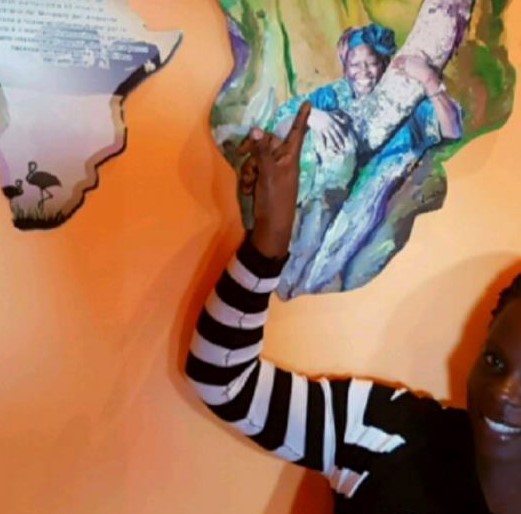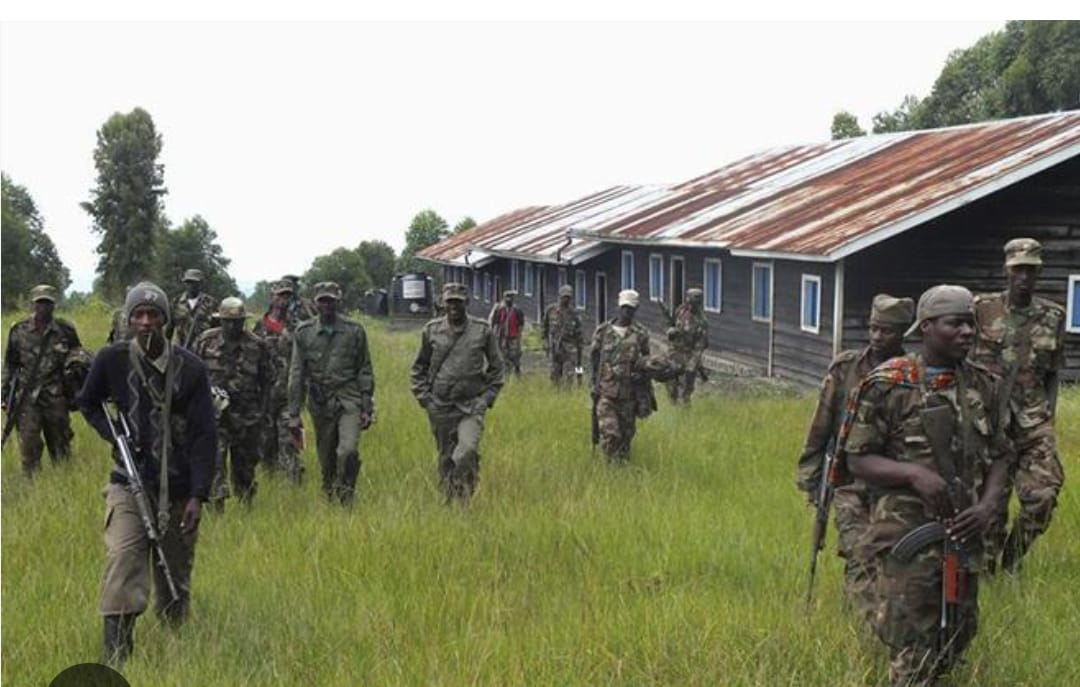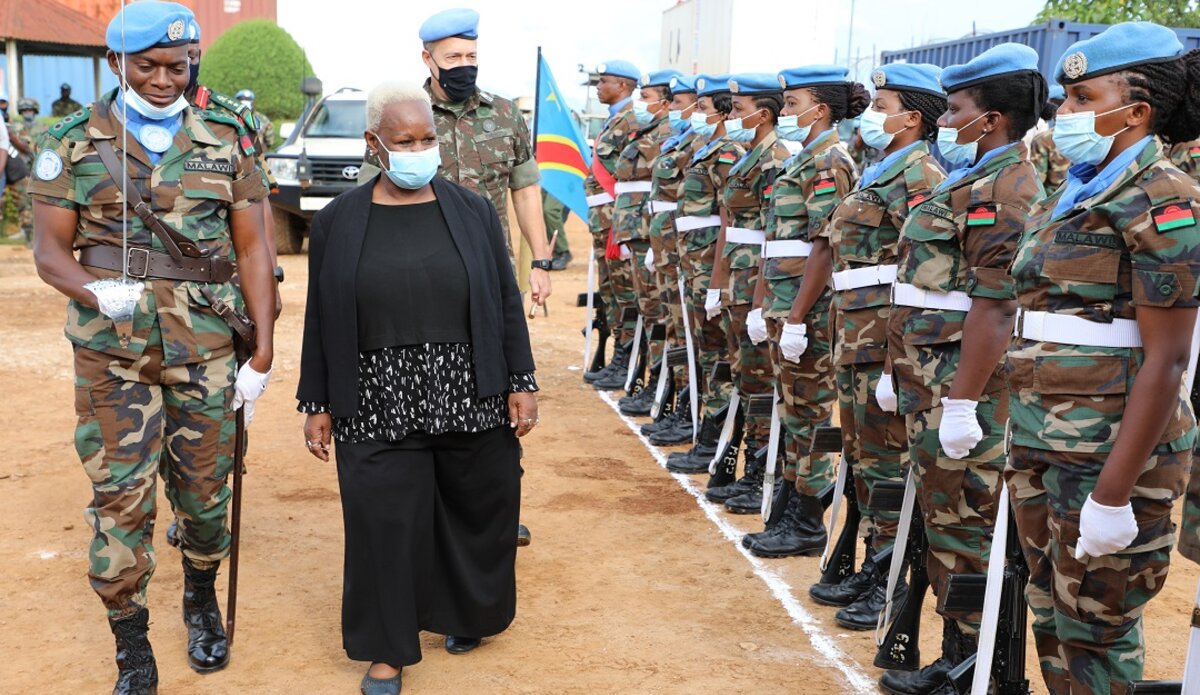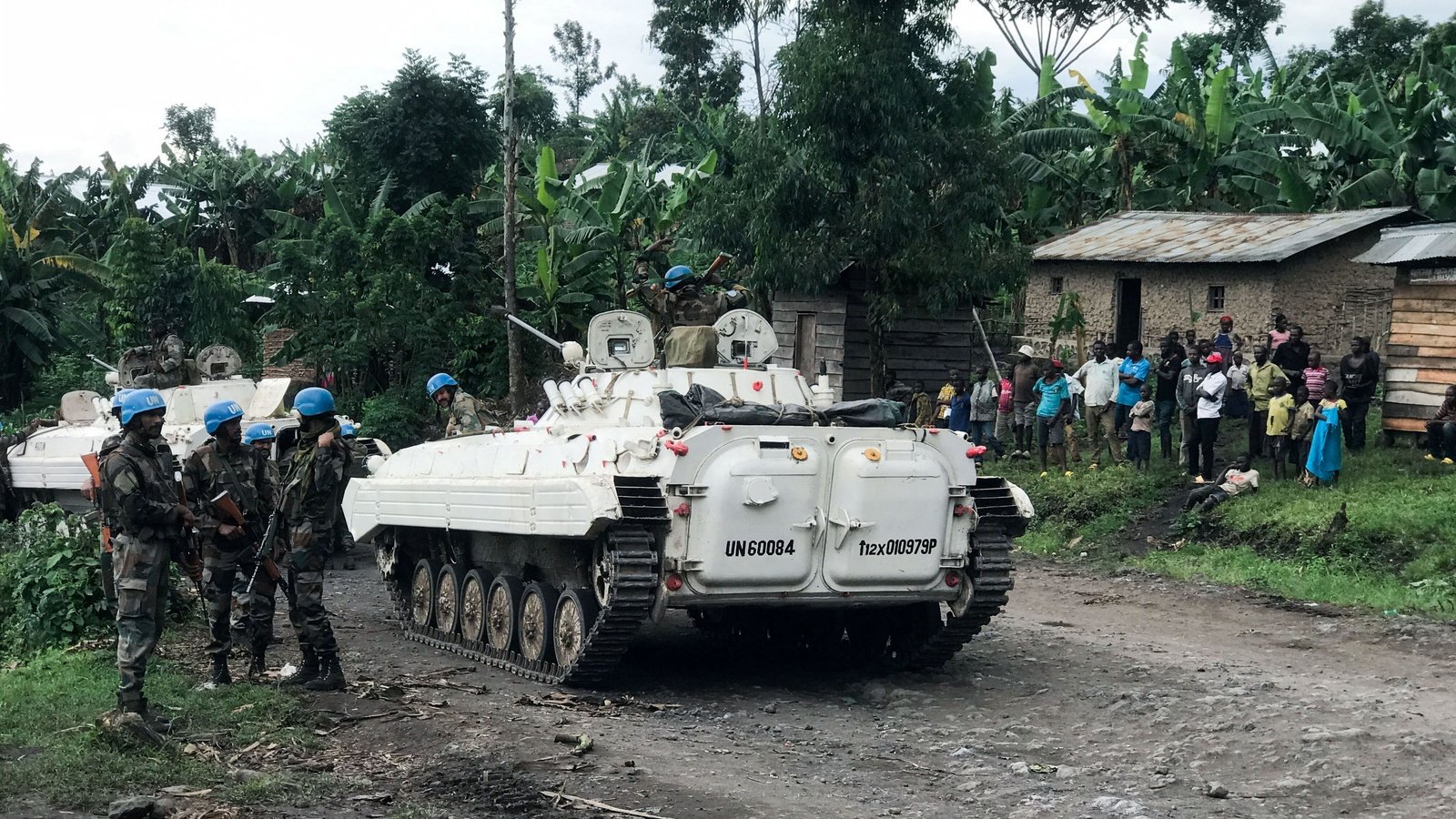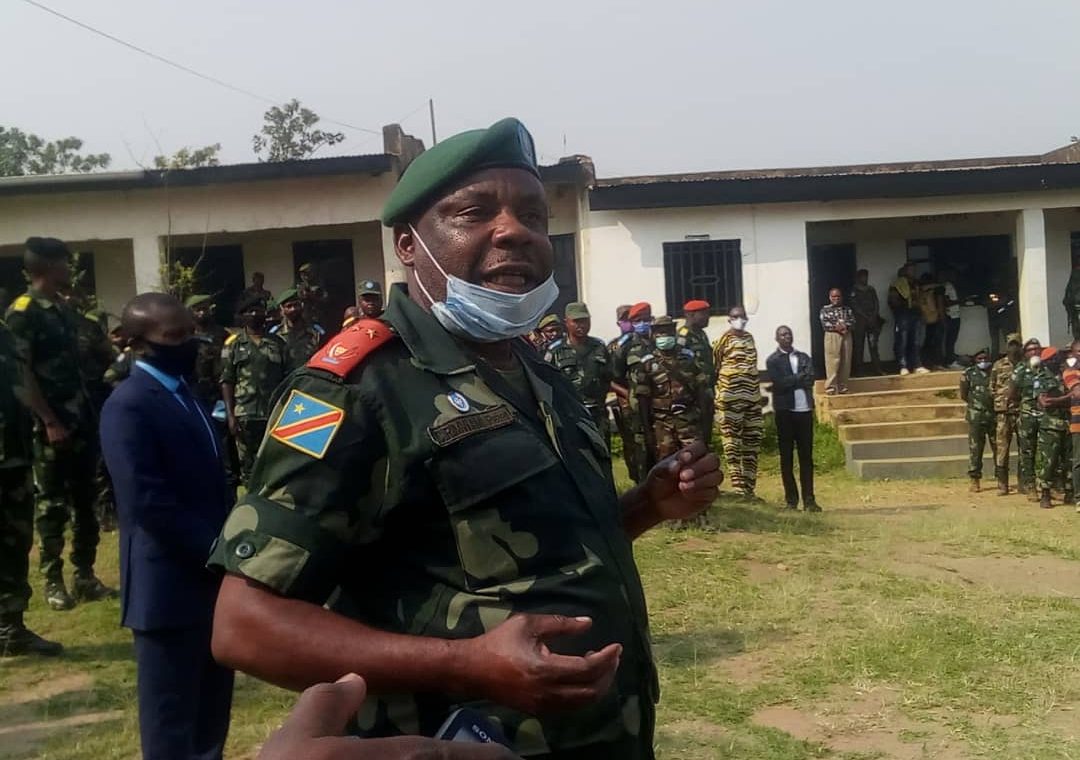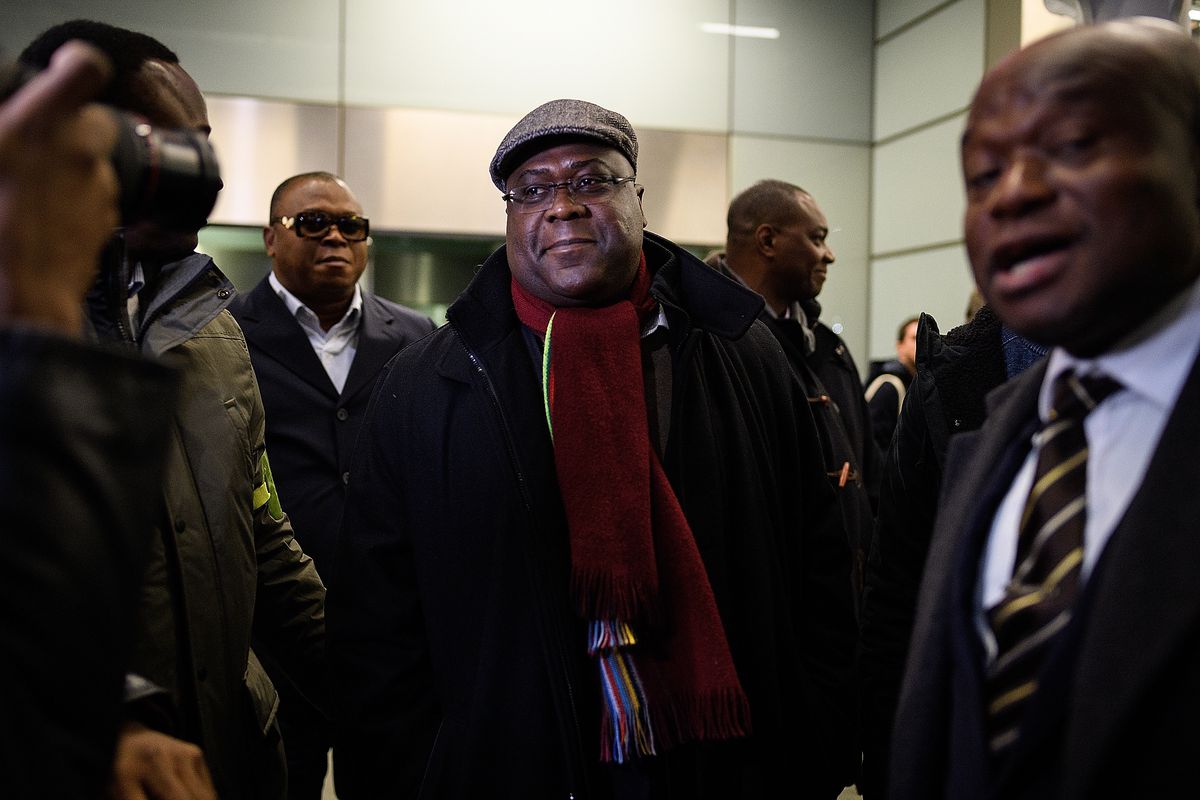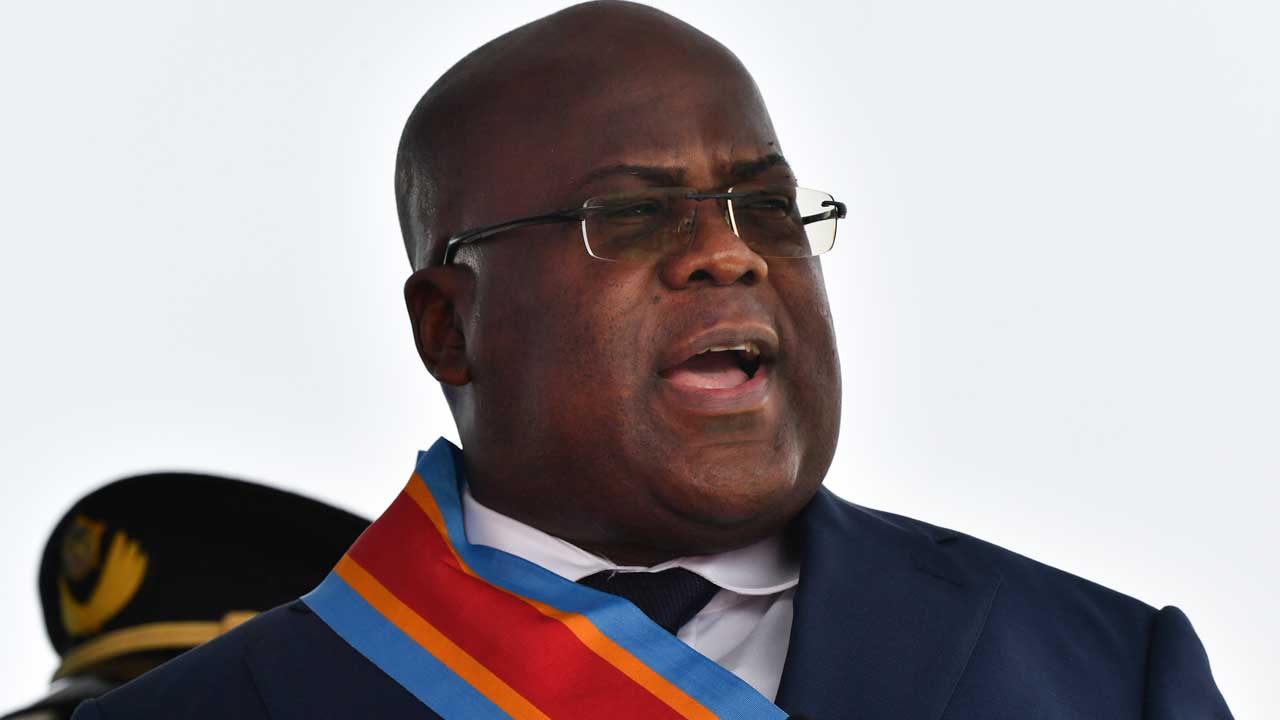Regional
Why DRC crisis is not likely to end any time soon
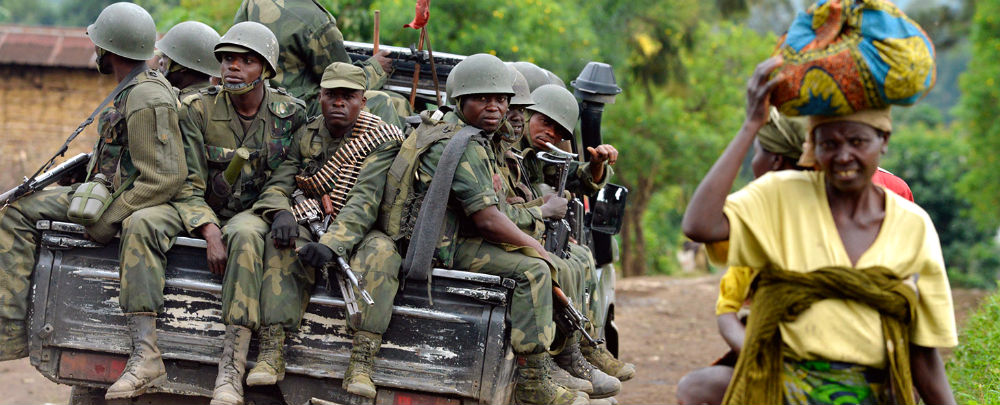
A militia patrol in east of the Democratic Republic of Congo.
In
order to understand the crisis in DRC, it is important to understand the
history of the country. In the 1880s, as European powers were scrambling for
Africa, King Leopold II of Belgium awarded himself the vast and mostly
unexplored territory surrounding the Congo River.
He looted Congolese resources and killed an estimated 10
million people under forced labour. King Leopold's wealth made him the richest
man in the world and furnished him with the funds to build in Brussels, Antwerp
and Ostend.
On
January 17, 1961, the Congolese first Prime Minister immediately after independence,
Patrice Lumumba, was executed by firing squad.
His body was later dissolved in acid and his remains, comprising of only
a tooth, were taken to Belgium.
The
powers that plotted the assassination of Lumumba believed that due to his
popularity among the Congolese people, his grave would be a big monument for
the independence hero. His killers never wanted to leave such an important mark
as they believed it would be a source of trouble for them.
In the
book, The Assassination of Lumumba (1999), by Belgian historian and sociologist, Ludo De Witte, he
concludes that the death of Lumumba was planned and executed by both Belgium
and the United States of America.
“Both
countries considered Lumumba to be a political threat and had plots ready to
assassinate him… And both countries supported the Congolese parties who wanted
to eliminate Lumumba,” Ludo De Witte wrote.
With
the ascent to power of Lumumba who was a nationalist and Pan Africanist, foreign
powers felt that their interests in DRC were threatened, especially the natural
resources.
Mobutu replaced Lumumba and received strong support from the
United States, Belgium and France, who believed he was a strong opponent of
communism in Francophone Africa.
Mobutu also built close ties with the government of apartheid South Africa. Mobutu became one of the richest African presidents and kept property and bank accounts in Western countries.
The Congolese population had confidence in Lumumba and expected him to make use of the county’s vast resources for economic development. However, the foreign powers who benefited from the crisis in DRC wanted the country to have weak leaders so that they could manipulate them to continue siphoning the country’s resources.
This is the reason why current Congolese President Felix Tshisekedi who has exhibited all qualities of an incompetent president remains a darling of the West when millions of his compatriots are dying and others sinking in abject poverty.
Tom Burgis in his captivating investigative book, “The Looting Machine: Warlords, tycoons, smugglers and the systematic theft of Africa’s wealth” exposes how Western offshore companies collaborate with African leaders in illegal trade deals in mineral resources.
Although Western countries prefer to make noise to African countries on the so called “conflict minerals,” there have not been any Western mineral trading companies in DRC that have been black listed for trading in conflict minerals.
At the US-Africa Summit in Washington in December 2022, the US
was less concerned with understanding the root causes of the conflict in DRC and
how it can be solved.
Instead, Tshisekedi was pulled aside to sign a memorandum of understanding with US authorities to develop a supply chain for electric car
batteries, in what was widely considered by analysts as a move to counter China’s
interests.
China dominates global critical
mineral supply chains, accounting for
60 per cent of world-wide production and 85 per cent of processing capacity, which gives U.S administration sleepless nights.
Despite thousands of UN peacekeepers deployed to DRC for
decades, nothing has been achieved regarding ending the crisis.
The UN system is known to serve interests of certain super
powers who are the same powers with vested interests in DRC’s mineral wealth from
the time of King Leopold until today. Lumumba’s appeal to the UN to avert a
looming crisis before his assassination fell on deaf ears.
It is more important for the Western world to quench their
insatiable appetite for DRC’s minerals than to solve its problems. The problem
in DRC is a political problem that requires a political solution.
Historically, the West is responsible for plunging DRC into a
political crisis.
It is, therefore, naïve to expect the same trouble causers to be the ones to provide solutions to end the crisis.


